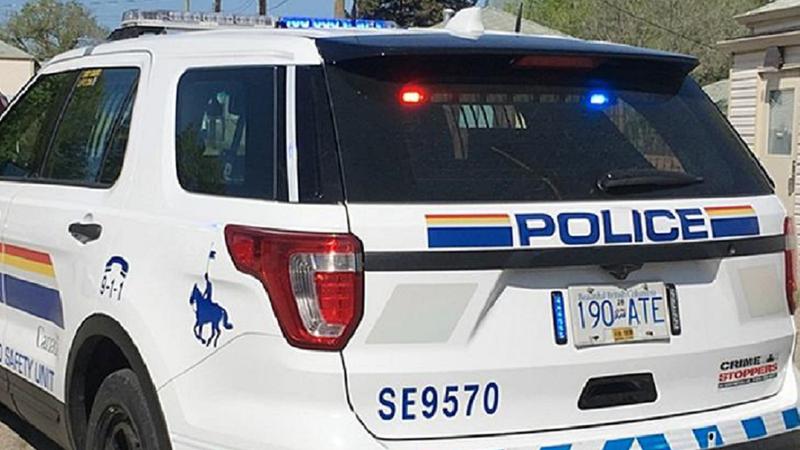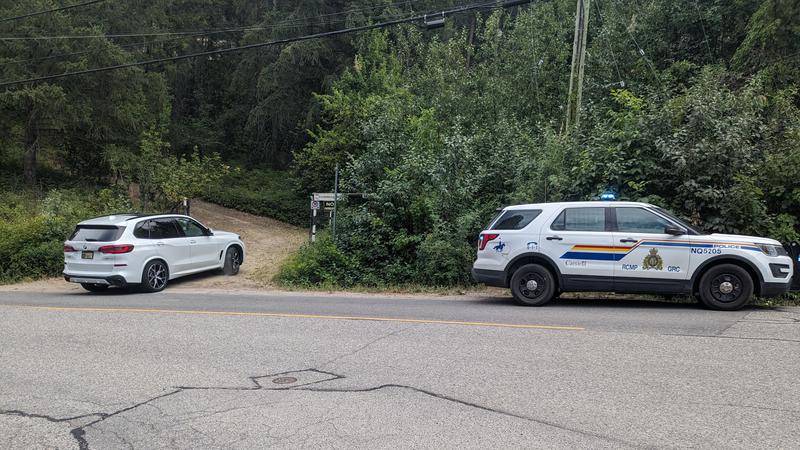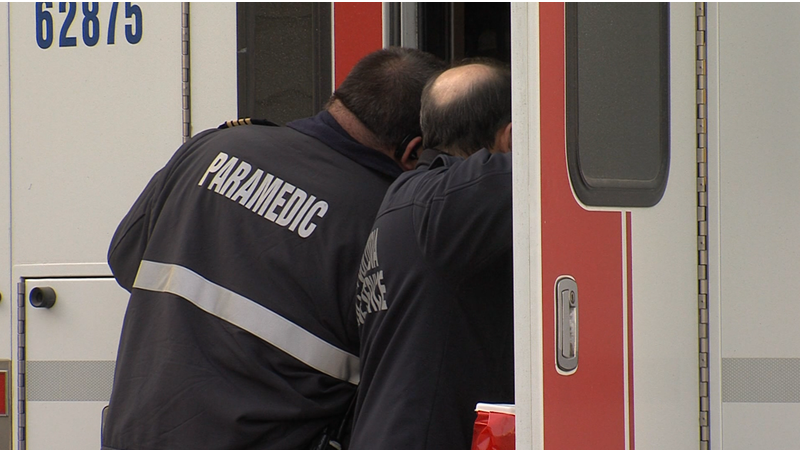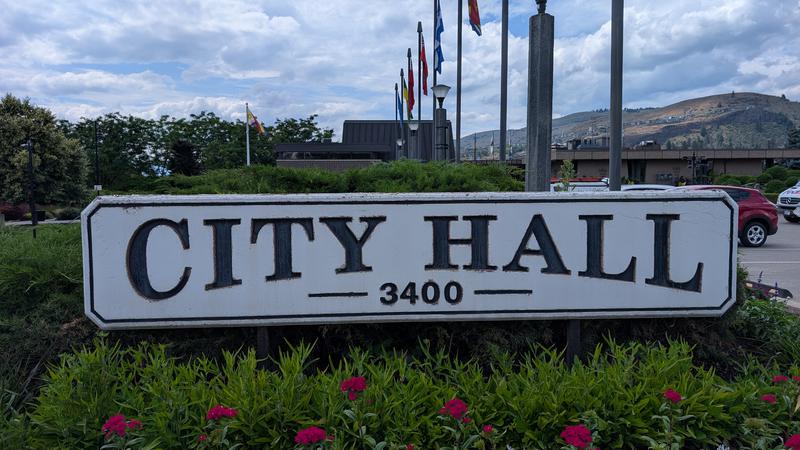
B.C. renews commitment to fight toxic-drug crisis on 9th anniversary of public health emergency
Monday marks nine years since British Columbia declared the toxic-drug crisis a public health emergency, with health officials renewing calls for a compassionate, coordinated response to a crisis that has claimed thousands of lives.
Health Minister Josie Osborne and provincial health officer Dr. Bonnie Henry issued statements acknowledging the lasting toll of the crisis and recommitting to efforts to reduce harm, expand support services and save lives.
“Since that time, we have lost thousands of people to poisoned drugs, each one a valued member of their community,” Osborne said. “Each and every loss leaves lasting grief for the people who knew and loved them.”
The crisis, first declared in 2016, continues to affect individuals, families and communities across the province. Osborne noted the complex factors behind substance use, including trauma, mental and physical health challenges, poverty, stigma and a lack of stable housing.












